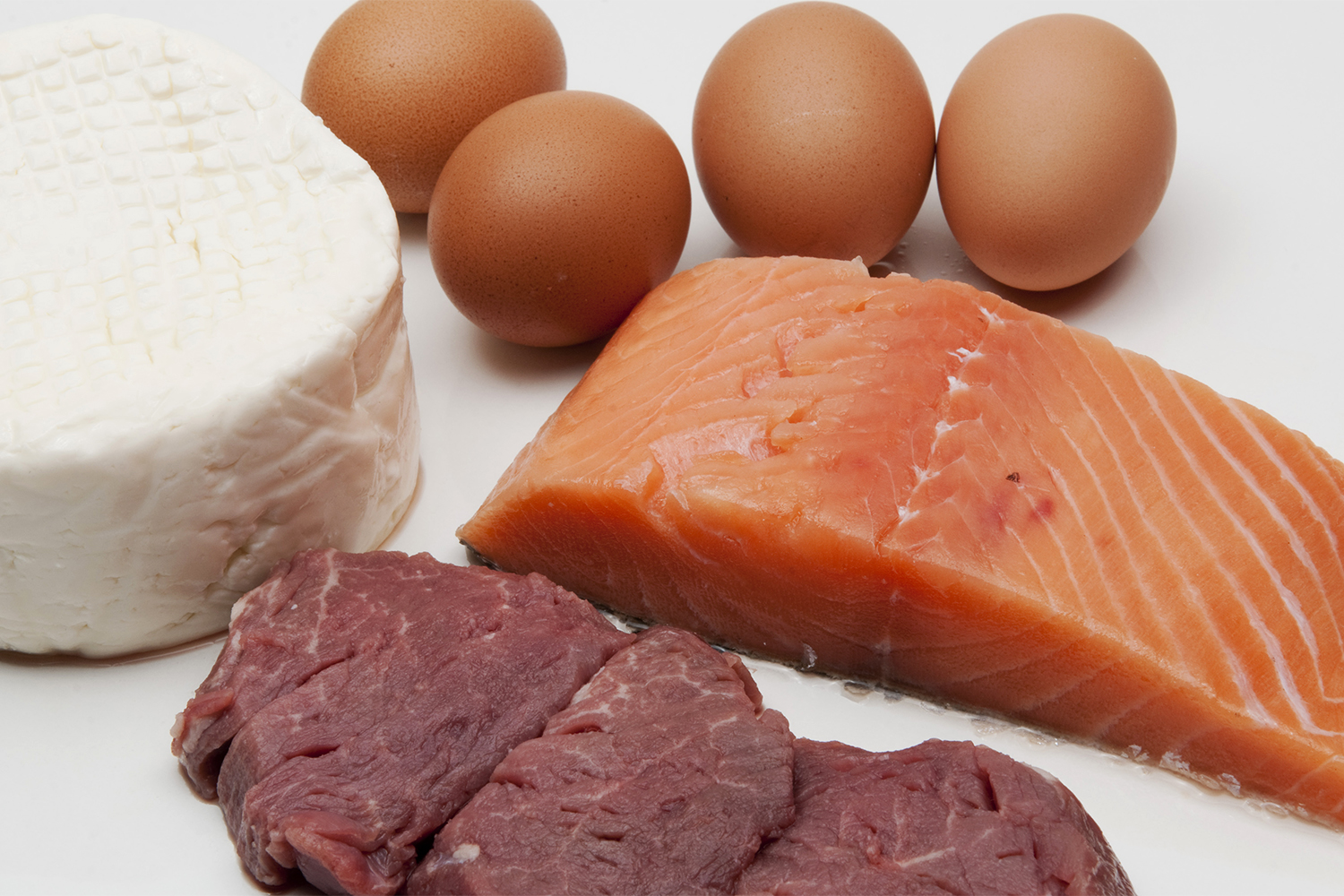Hey Excessive consumption of protein in the diet can increase the risk of atherosclerosis – the buildup of cholesterol plaques in the arteries. This is what a study conducted by the University of Pittsburgh School of Medicine in the United States concluded. And the results were published In Nature Metabolism on Monday the 19th.
Research has discovered a molecular mechanism by which consuming more than 22% of daily dietary calories through proteins leads to increased activation of immune cells that are particularly sensitive to amino acids derived from these molecules. Thus, they play an important role in the formation of atherosclerotic plaques, which increases the risk of cardiovascular diseases as well as strokes and heart attacks.
The scientists' findings come amid the growing popularity of high-protein diets associated with fitness, which often involve methods that help build muscle and suppress appetite. But over-reliance on protein may not be good for your health in the long run.
What happens in the body
When the body breaks down high levels of protein, it activates a type of white blood cell responsible for cleaning up cellular debris, known as macrophages — which, in this case, become overloaded. This leads to the loss of these cells within the walls of blood vessels and the worsening of plaques over time. Scientists point out that the more macrophages are active, the higher the level of inflammation in the arteries, which increases the risk of plaque formation.
Experiments
Initial experiments were conducted in healthy individuals to determine the timing of immune cell activation following consumption of high-protein meals. Next, the researchers mimicked similar conditions in mice and human macrophages.
From this, the scientists concluded that the amino acid (the particle that makes up the protein), called leucine, appears to have a disproportionate role in promoting pathological pathways associated with atherosclerosis, because it may be involved in cell signaling that contributes to abnormal activation. From macrophages.. For the study authors, this represents a potential area for additional research into personalized diet modification or “precision nutrition.”
Potential developments
For scientists, the findings are relevant to hospitals, where nutritionists often recommend protein-rich foods to the sickest patients in order to maintain muscle mass and strength.
The researchers also hope that the study results will spark debate and thought about diets that reduce the risk of disease. More broadly, it could also inform future dietary guidelines.
Furthermore, the study suggests that differences in leucine levels between diets rich in plant and animal proteins may be an explanation for the different effects on cardiovascular and metabolic health.
Next steps
The study was conducted over a short period of time and included a small sample size. Therefore, the researchers now want to expand the experiments to answer other questions. What happens when a person consumes between 15% of daily calories from protein, as recommended by the United States Department of Agriculture (USDA), and 22% of daily calories from protein; And whether there is a “sweet spot” for maximizing the benefits of protein – such as muscle gain – while avoiding initiating a molecular cascade of harmful events that lead to cardiovascular disease.

“Wannabe internet buff. Future teen idol. Hardcore zombie guru. Gamer. Avid creator. Entrepreneur. Bacon ninja.”

